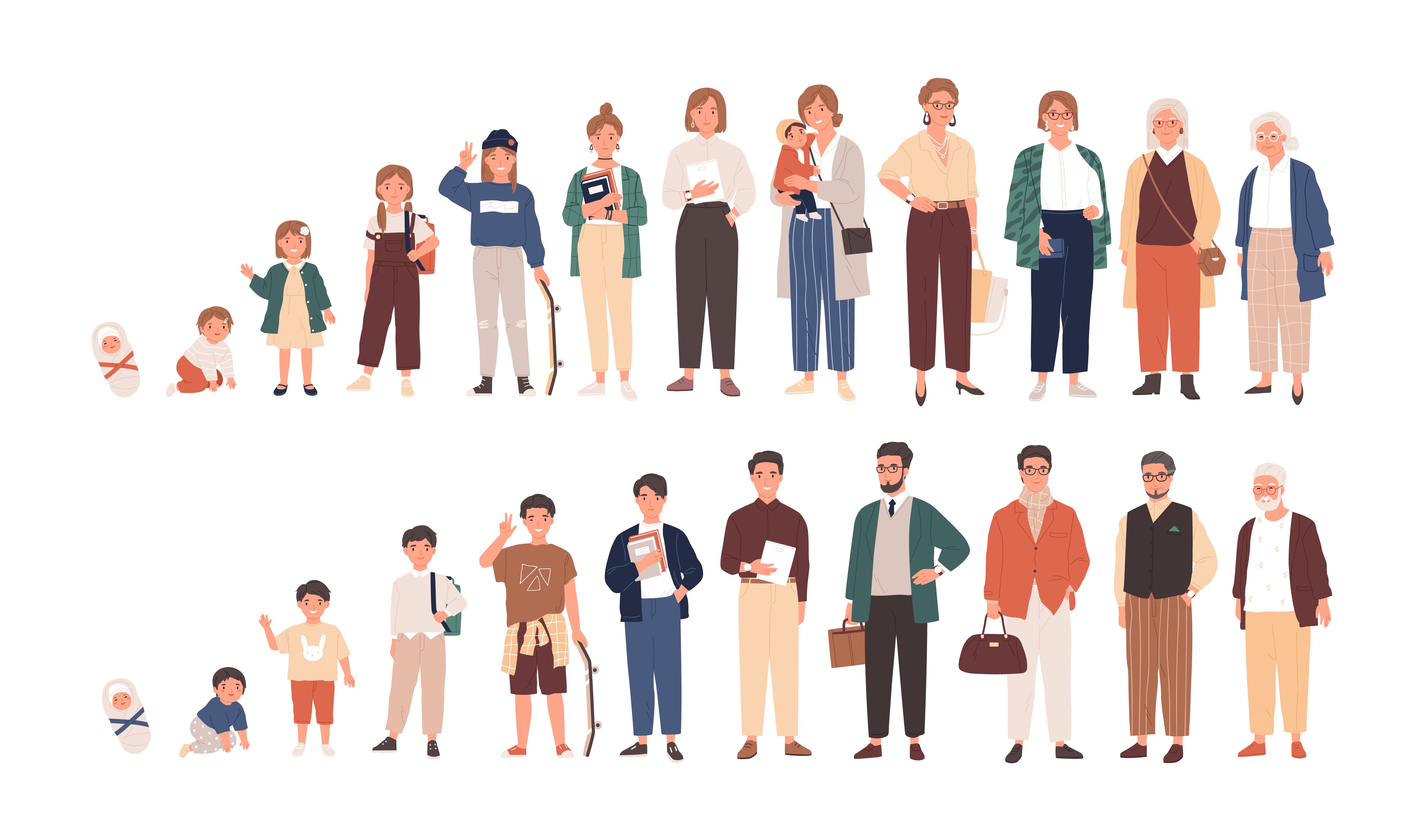
Smells are powerful non-verbal communicators. They can evoke memories and moods, inspire attraction or avoidance, and may even influence how we think and behave.
Scents can also help us identify one another. Everybody has their odor. It may even be as unique as your fingerprints, even while they change over time.
Body odor can be affected by diet, behaviors, illness, stress levels, hygiene, genetics, and even your age.
You’ve probably noticed that babies, teenagers, and older people – smell different. Although each person is unique, there seem to be distinct patterns associated with different age groups.
The Smell of Babies
Most people describe the natural smell of a baby as a sweet and wonderful fragrance. For mothers especially, it can be pleasant and stimulating.
While the exact mechanisms are not yet fully understood, this is likely an evolutionary way of promoting bonding and attachment.
After less than an hour of interaction with their newborn infant, 90% of mothers can recognize their baby’s odor. And after more than an hour, that number appears to go all the way up to 100% of mothers (without olfactory deficiencies) being able to identify the scent and pick it out from other newborn aromas.
The Smell of Teenagers
People associate body odors with sweat, but the smells seem to result not from the sweat itself but from skin bacteria that feed on the sweat. These skin bacteria are typically harmless and play an essential role in defending your skin and promoting skin health.
As they break down and decompose the compounds secreted by your glands (fatty acids, amino acids, glycerol, and lactic acid), chemical byproducts are released into the air, creating the scent we smell.
When we go through hormonal changes, this shifts the secreted ingredients and, therefore, also changes which bacteria are fed and active.
The unpleasant scents associated with teenagers might be made worse by naive hygiene practices, but the hormonal changes of puberty are a significant and unavoidable contributor.
The Smell of Old Age
A small but insightful study has identified one particular chemical change connected to the scent we associate with older people.
A compound called 2-Nonenal, an unsaturated aldehyde with a greasy and grassy smell, was only detected in people above the age of 40. It is a byproduct of omega-7 unsaturated fatty acid breakdown, increasing with age.
These changes are natural, often unrelated to hygiene, and not necessarily bad. Body odors of older people are generally rated as less intense and less unpleasant than younger people.
If you want to cover up your smells, find a non-irritating perfume or fragrance. Or maybe you can embrace your natural aging scent as a sign of wisdom, experience, and a life well-lived.






















